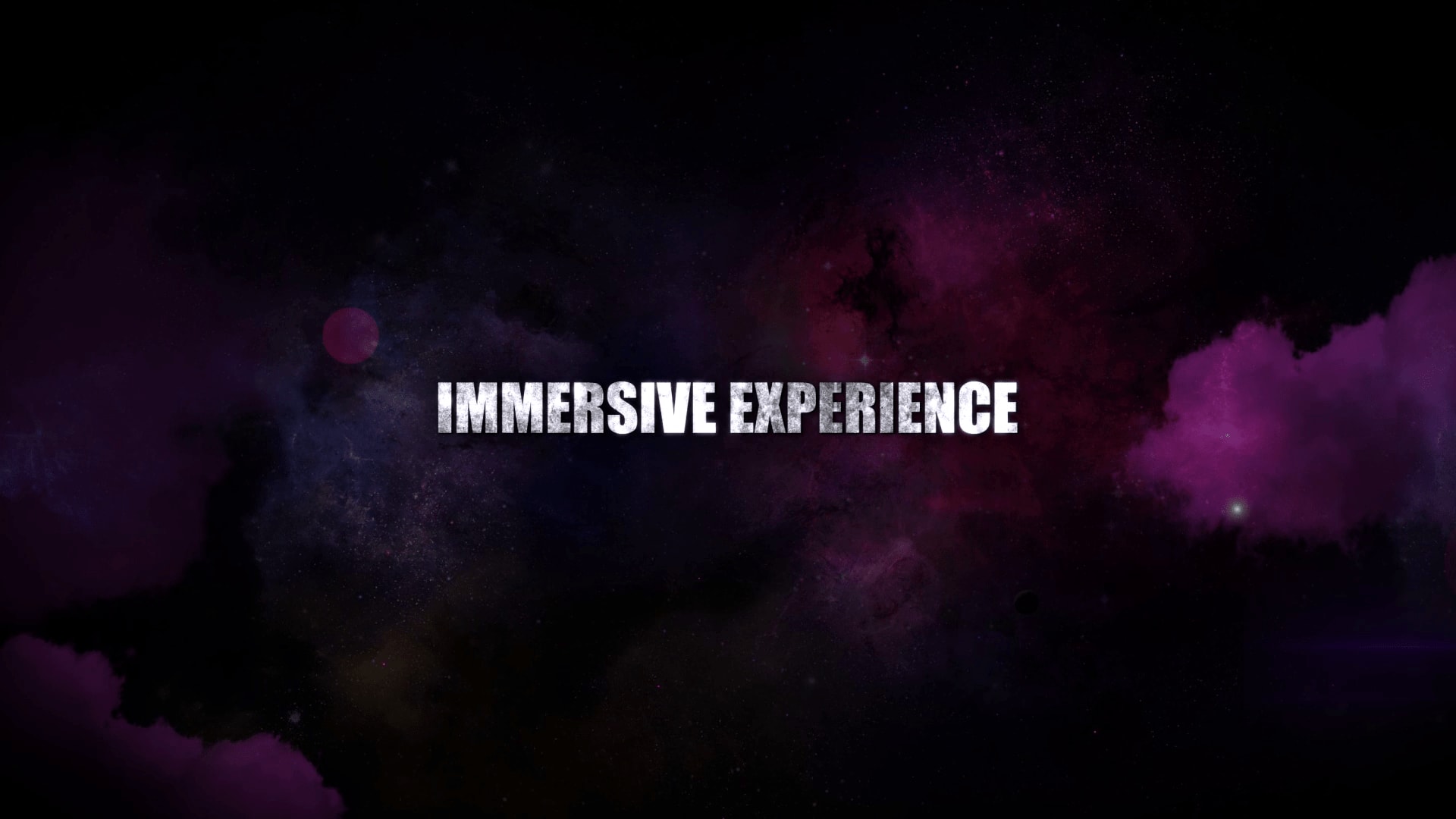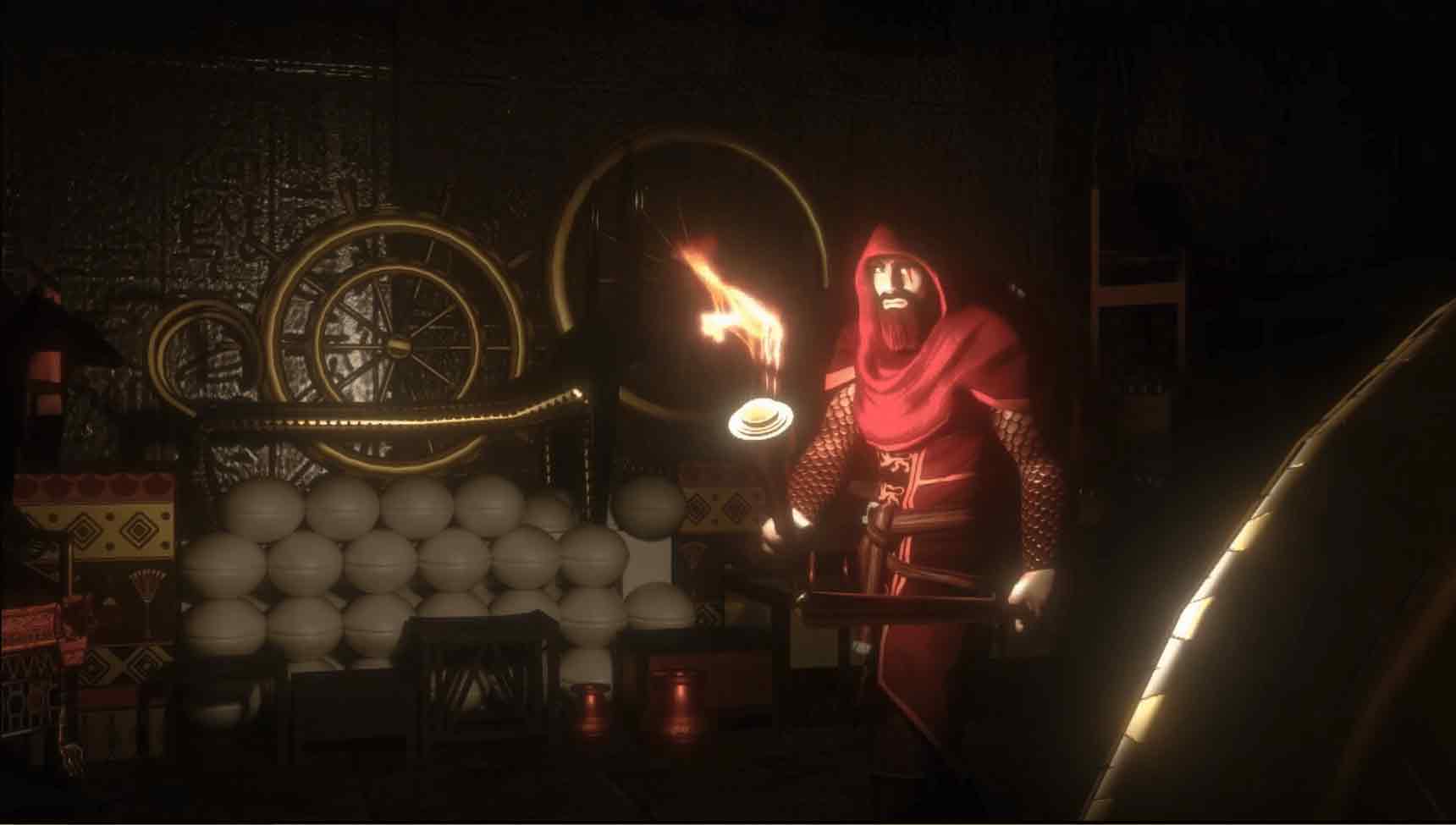K-12 Education - Immersive Learning
Immersive Learning
The holy grail of learning has always been immersive learning leading to mastery. Technology helped us to create realistic environments which later permitted users to interact with.
Increasingly, training and education requires learners to analyze and generate ideas and develop problem-solving skills by working on real word problems. Learners need to derive and form definite conclusions from a given scenario, yet be flexible enough to change based on a shifting environment. This calls for a big shift in the way learning takes place. Learners need to get transported to the environment or the situation where they can learn a process or understand a problem better. They need to be able to experience and control the environment, learn by doing stuff on their own, participate in problem solving in individual and multi-user environments and remain engaged and motivated whilst internalizing all the lessons learnt. This is possible only through immersive learning.
At KnowledgeQ, we believe that immersive learning has also got to be affordable without sacrificing quality in either the immersive environment or lessons learnt. Our immersive learning division has been doing some high quality work for both our K-12 and Corporate clients using:
- 360 degree images
- 360 degree videos
- Augmented Reality (marker and marker-less)
- Virtual Reality
- Mixed Reality
- Virtual Worlds and 3D Simulations
- Interactive 3D
Having our own full-fledged in-house 3D team and our own render farm has helped us in creating low cost yet high quality immersive and integrative learning. Over the years, our 3D team has been able to create life like 3D environments, models, and animations which make our immersive learning content better standards in the training industry.
Virtual Tours
For our educational publishing clients we recreate lost worlds and civilizations and delivered 360 degree render stills and walkthrough videos.
Augmented Reality (AR)
We develop AR experiences for both the iOS and Android platforms. We launch them using visual markers (marker based AR) or using any flat surface (like floor or a table top) in the physical environment as a target (marker-less AR). Math Games, Science experiments and Expedition apps are some of the AR experiences that our team has developed in recent months.
Virtual Reality (VR)
We create virtual worlds, simulate real, life like experiences and put learners in immersive environments through VR apps. We use Unity3D to develop VR experiences for different platform/ head-mounted devices like Oculus Rift, Gear VR, HTC Vive, Google Cardboard, etc. With JS frameworks like WebVR, we create 360 degree experiences for desktop browsers.
For the school market, we have delivered a number of VR experiences for subjects like Social Studies, Physics and Earth Science.
For the corporate market, we have developed VR experiences like carrying out medical procedures, offering first aid, human anatomy exploration, assembling industrial equipment, safety procedures, architectural visualizations and machinery processes.
Mixed Reality (MR)
MR experiences (which combines elements of AR and VR experiences) has been our new focus area. With MR apps, we are able to add different layers of information on top of the physical world and make learners view and interact with them.
Interactive 3D
We create interactive 3D presentations, demos, industrial processes, architectural walkthroughs and simulations through platforms like three.js and Unity3D. We have delivered content for an oil refinery process, factory processes and ancient civilizations.
For most of the immersive learning content that we develop, we create low-poly 3D models and hand painted textures. We carry out the baking process for the textures, lighting (and sometimes animations and simulations) and bring them to the development platforms. We then program the environment/ objects behavior and user functionalities and test the outputs thoroughly before delivering to our clients.





























